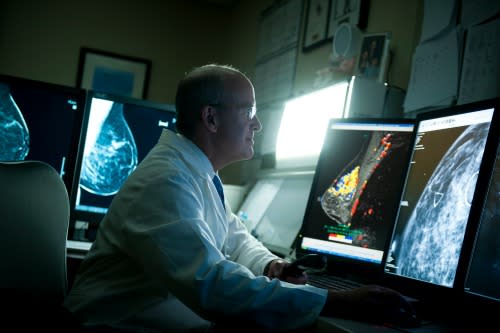Colorectal Cancer Prevention Tips
Published: September 30, 2019l
Researchers have found several risk factors that may increase your chance of developing colorectal polyps (abnormal growths) and/or colorectal cancer. Several of these risk factors like age, racial and ethnic background and personal history are out of our control as human beings and cannot be changed. Some lifestyle-related factors, though, including diet, body weight, and physical activity, can help prevent colorectal cancer. Here are some steps you can take, right now, to reduce the risk of colorectal cancer.
High intake of these types of food has been linked with a decreased risk of colorectal cancer. You should aim to include at least 2 ½ cups of a variety of colorful whole fruits and vegetables throughout the day. Including fruits and vegetables, at each meal and snack, may be an effective way to increase consumption. Choosing whole grains, and products made with whole grains, may also be helpful.
2. Limit intake of red and processed meats
Diets high in processed meats (bacon, sausage, luncheon meats, hot dogs) and red meats (beef, lamb, or liver) have been associated with elevated risk for colorectal cancer. You should aim to limit your intake of these, and choose fish, poultry, or beans as often as you can. Choosing leaner cuts and smaller portions may be helpful strategies if you occasionally eat red meat. When cooking meats, it's generally advised to do so at lower temperatures when possible. Cooking meats at very high temperatures (frying, broiling, or grilling) creates chemicals that might increase cancer risk, but it’s not clear at this time how much this might contribute to an increase in colorectal cancer risk.
3. Get the recommended levels of calcium and vitamin D
Several studies have found that this may aid in protecting against colorectal cancer prevention. Because of the possible increased risk of prostate cancer in men with high calcium intake, the American Cancer Society does not recommend increasing calcium intake specifically to try to lower cancer risk. Your doctor will be able to tell you more about the connection between calcium and vitamin D levels, and cancer.
4. Avoid obesity and weight gain around the midsection
Achieving and maintaining a healthy body weight may reduce the risk of colorectal cancer. Dietary efforts toward this end can be very effective and should be geared toward choosing foods and drinks in amounts that help you get to and maintain that healthy weight. This may include limiting the intake of high-calorie foods and drinks, and increasing intake of fruits, vegetables, and whole grains.
Realistically, there is no “one size fits all” when it comes to nutrition. Consulting with a nutrition professional, such as a registered dietitian, may be a helpful way to obtain personalized guidance toward a nutrition plan that meets your individual needs and preferences.


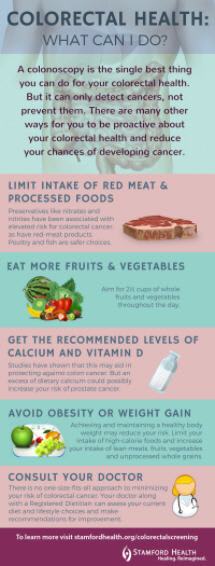



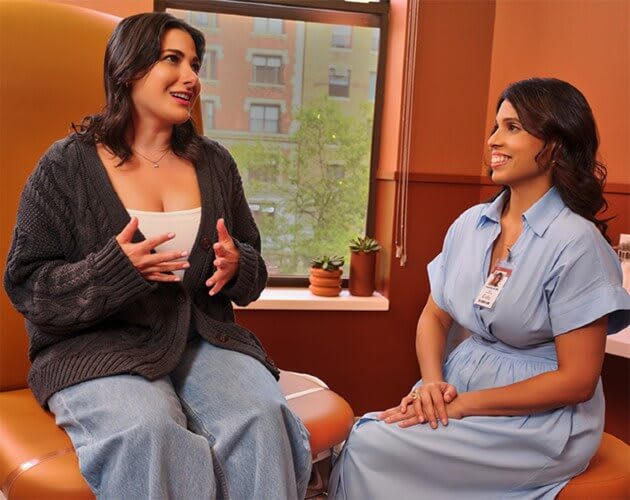



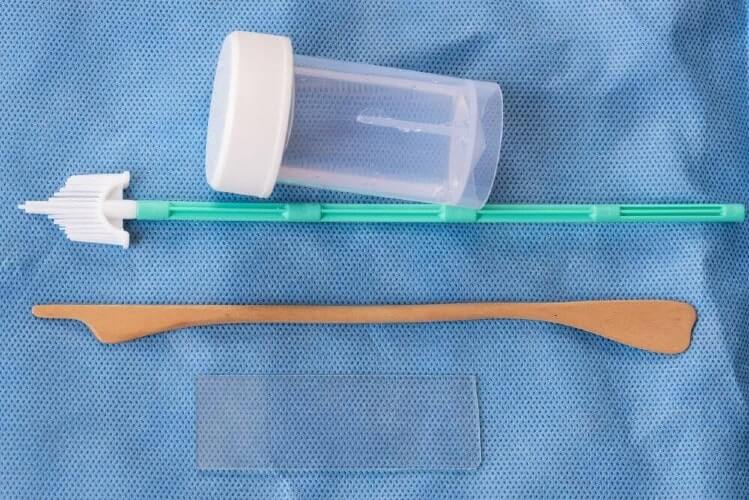












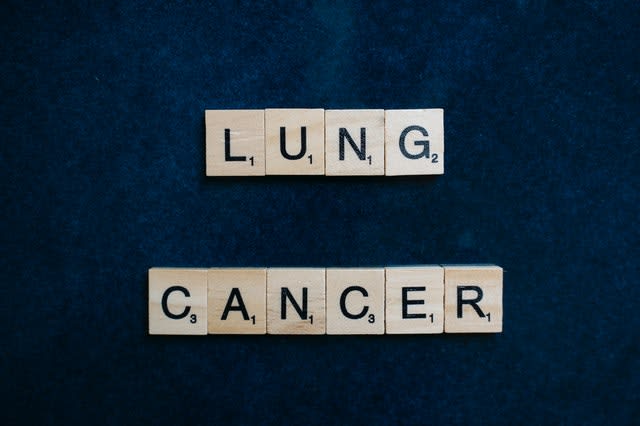

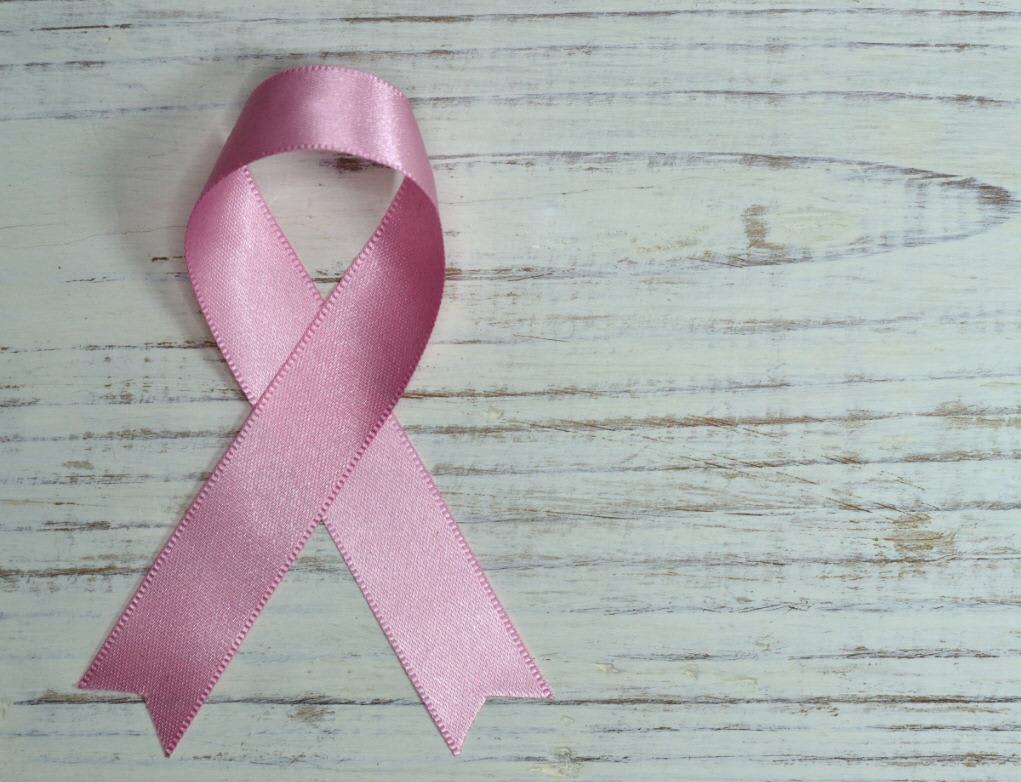
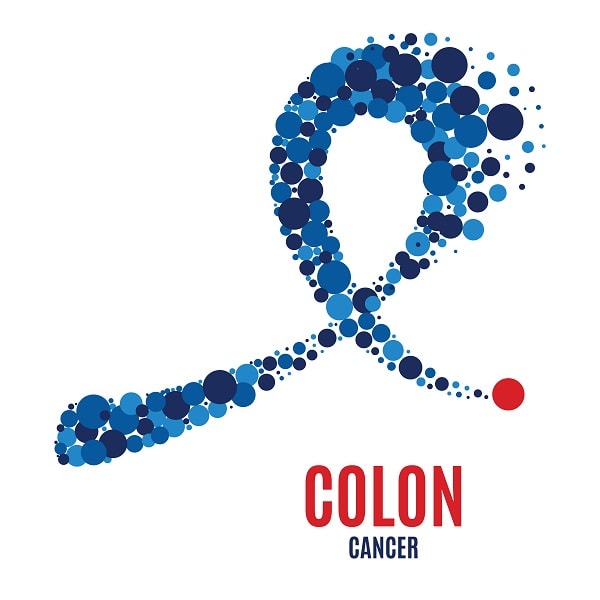

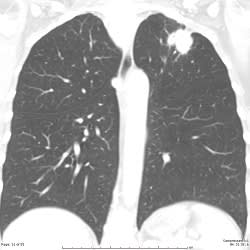







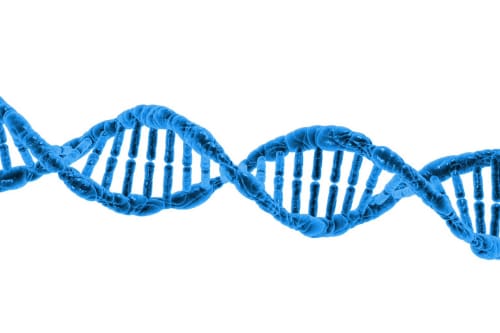

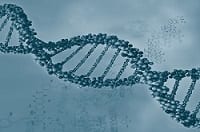
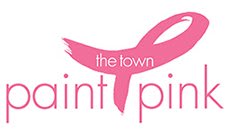

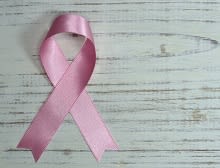
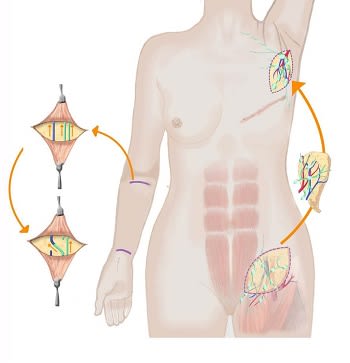




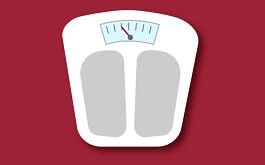

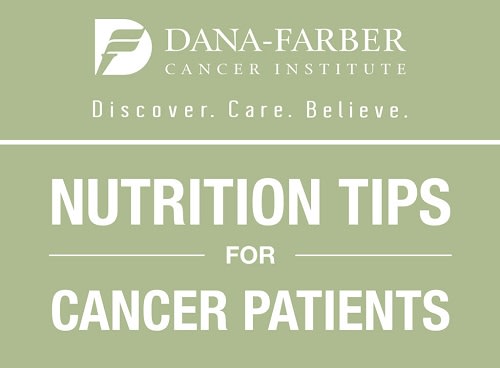











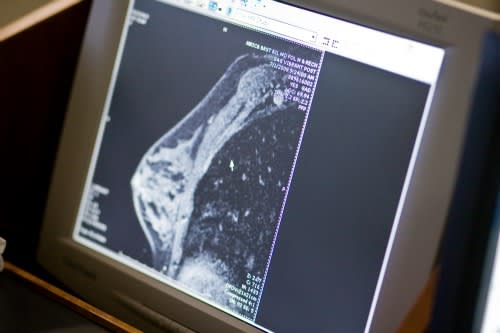








)


)

)
)
